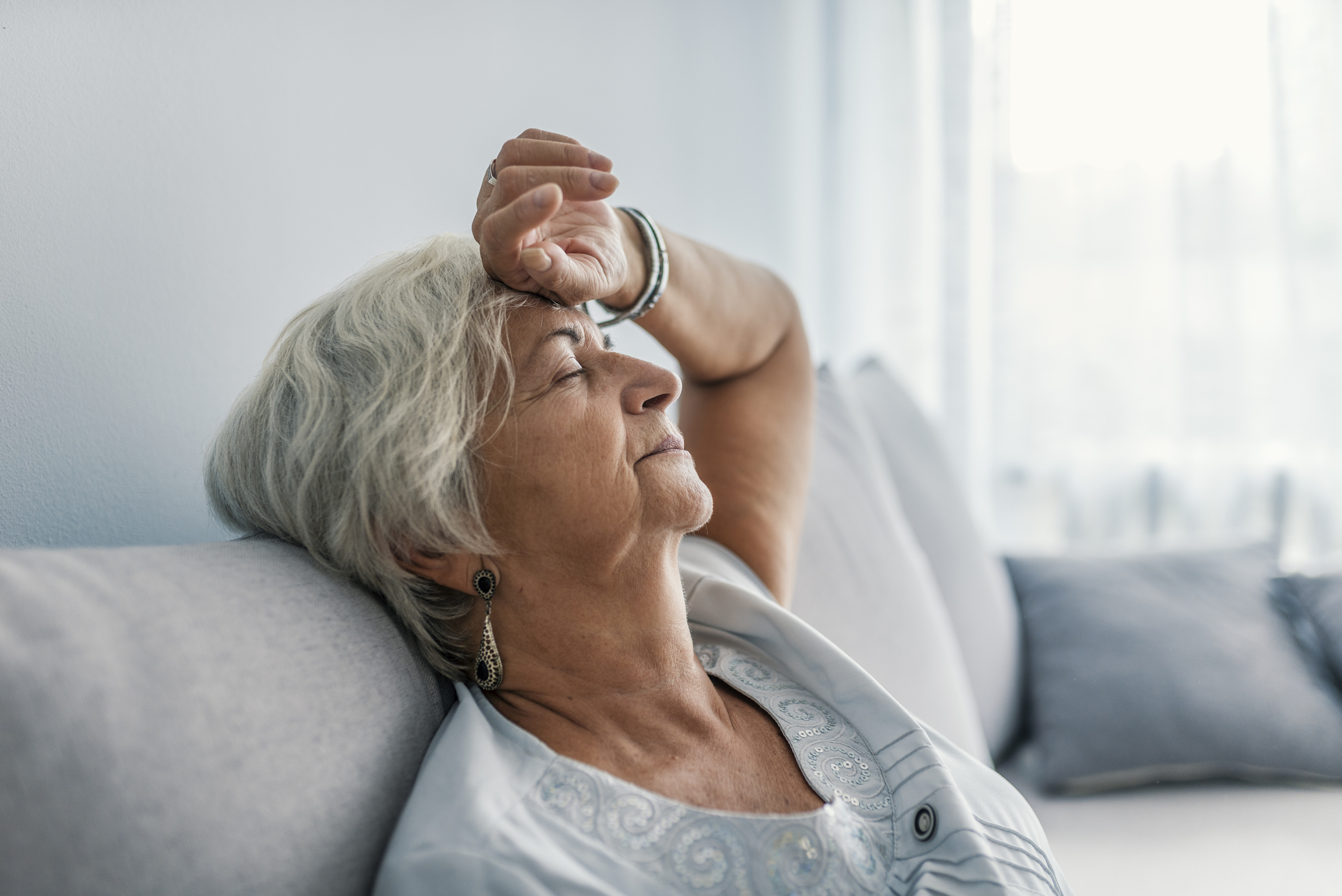
Fatigue in the elderly can be managed with a few effective strategies.
Springing our clocks forward left a lot of us feeling sluggish from losing that extra hour of sleep. But before too long, our bodies have adjusted to the time change and life goes on. Imagine, however, feeling lethargic and exhausted most of the time, regardless of how much you sleep. Chronic fatigue in the elderly is a frustrating reality and can be difficult to conquer, but luckily, there are a few tips you can follow to manage chronic fatigue.
At-Home Care Company, serving Ames and the surrounding communities, outlines some of the contributing factors for chronic fatigue in the elderly, including:
- Health conditions, such as cancer, heart disease, rheumatoid arthritis, diabetes, among others
- Medication side effects
- Anemia
- Sleep disorders
- Anxiety, depression, and grief
- Boredom and loneliness
- Unhealthy lifestyle choices, such as a poor diet, not enough physical activity, or too much alcohol
There are some strategies seniors can try to regain energy during the day. A good place to start is recording the times each day when the fatigue is most impactful. Is it before/after eating? Immediately upon getting out of bed? After a prolonged period of watching television? After taking certain medications?
Knowing the patterns of fatigue will help pinpoint the main cause, and then see if some of these strategies help alleviate it:
- Schedule a checkup. Bring the older adult’s fatigue journal with you and review it along with his or her doctor to rule out any underlying conditions and offer recommendations to help.
- Create – and stick to – an exercise routine. Physical activity strengthens the heart, lungs, and muscles while boosting appetite, mood, and general outlook on life.
- Skip the naps. This is certainly difficult for a senior with chronic fatigue, but avoiding naps, especially later in the afternoon, will help promote a better night’s sleep.
- Stop smoking. Smoking can cause a variety of medical issues that diminish energy levels. The doctor can help with an older adult’s nicotine addiction as needed.
- Seek counseling. Talking through life’s difficulties with a professional therapist is a good way to alleviate stress, often resulting in much better sleep patterns. The therapist can also recommend calming techniques such as mindfulness, meditation, prayer, or deep breathing exercises your loved one can do at home.
It is also helpful to understand that the foods an older adult regularly consumes can play a major role in fatigue levels. Alicia Arbaje, MD, MPH, a geriatrician at Johns Hopkins, says, “Packaged, processed foods tend to make you feel sluggish and heavy.” Fresh, whole foods are best, along with those containing vitamin B12, found in animal proteins and nondairy fortified milks.
Let At-Home Care Company, provider of independent living home care in Ames and the surrounding areas, help a senior you love manage chronic fatigue. We can ensure medications are being taken correctly, provide motivation to stay physically active, and offer friendly companionship along the way. Email us for a free in-home consultation at (515) 292-2650 to discover more about how our services can provide a sunnier outlook on life for seniors at home. To learn about each of the communities where we provide outstanding home care services, please visit our Service Area page.
